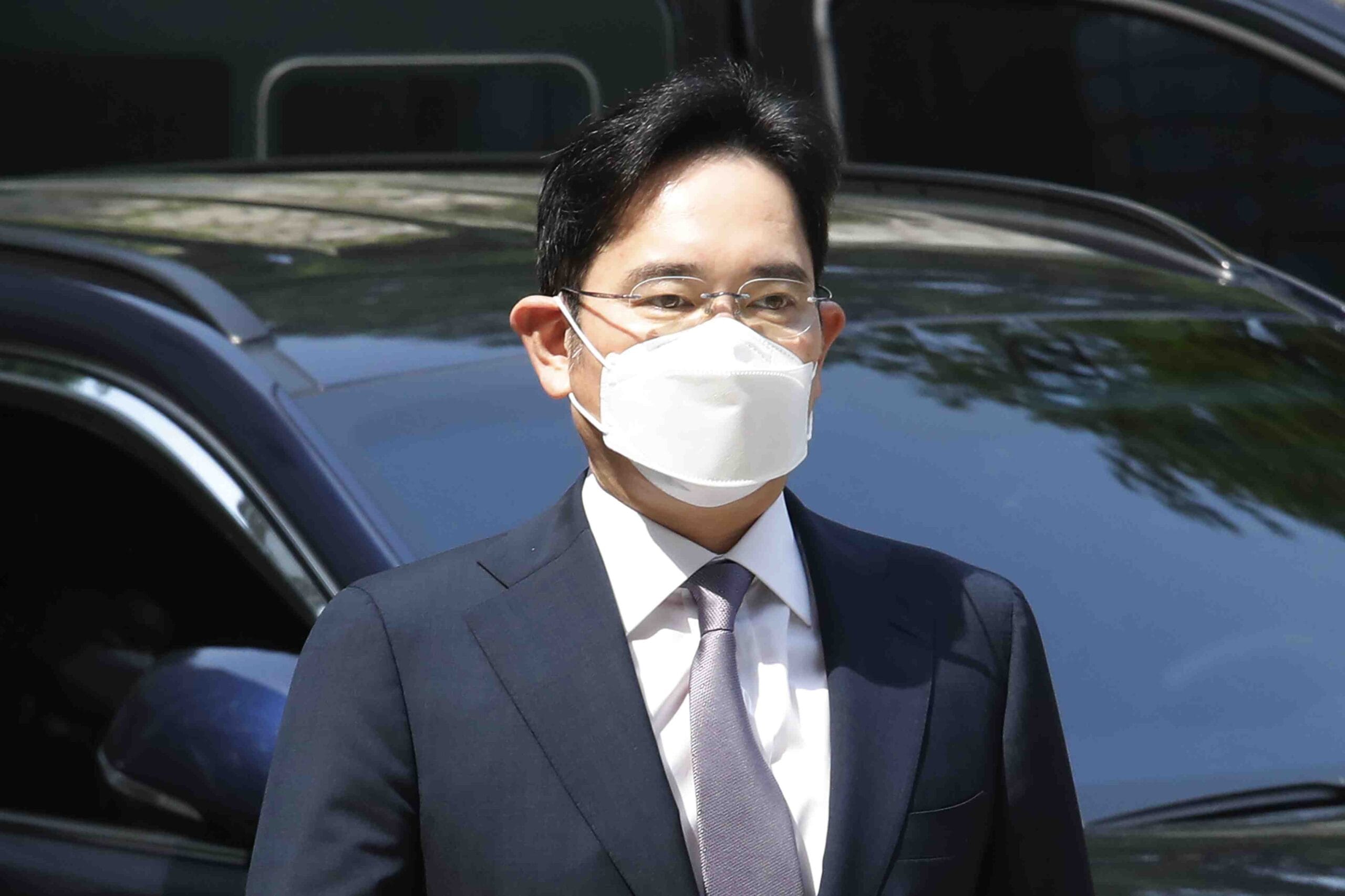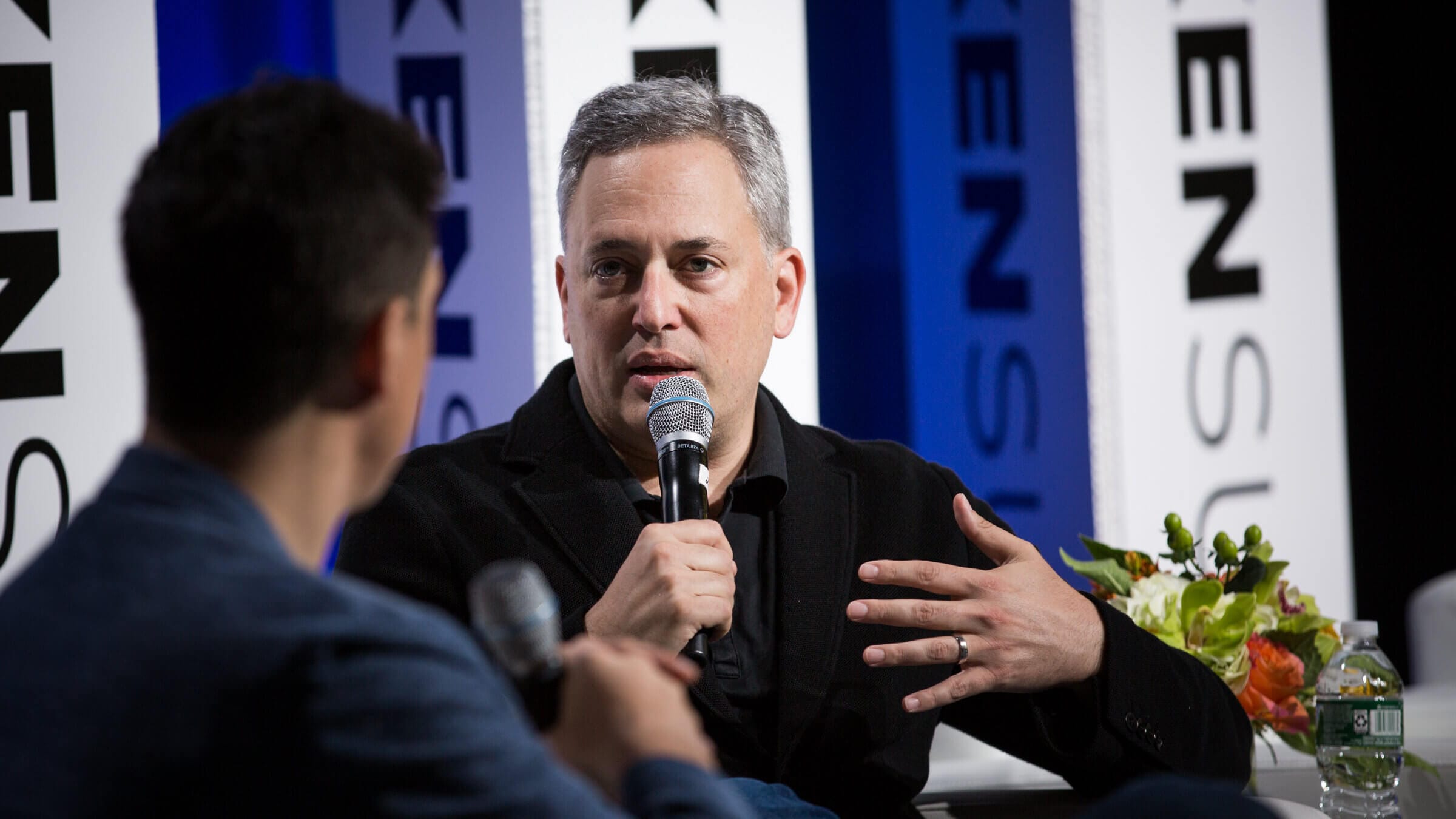The White House has voiced concerns regarding the training methods employed by DeepSeek, a company developing its own artificial intelligence (AI) model. According to the White House’s AI czar, DeepSeek allegedly utilized OpenAI’s powerful language model as a basis for training its competitor, a practice known as “knowledge distillation.” This technique involves training a smaller, more efficient model by leveraging the knowledge acquired by a larger, pre-trained model. While knowledge distillation is a legitimate and widely used AI training method, the White House has raised concerns about its potential implications, particularly in the context of competitive dynamics within the rapidly evolving AI landscape.
The use of pre-trained models like OpenAI’s to train new AI systems has become increasingly common. These pre-trained models, often trained on massive datasets, possess a vast understanding of language and can perform various tasks with remarkable accuracy. By distilling knowledge from these powerful models, developers can create smaller, more specialized AI systems that are less computationally expensive to train and deploy. However, the White House’s concerns stem from the potential for this practice to create an uneven playing field, where companies with access to pre-trained models from established players like OpenAI might gain an unfair advantage over smaller, independent developers.
Furthermore, the use of knowledge distillation raises questions about intellectual property and the potential for unauthorized use of copyrighted material. While OpenAI’s models are not explicitly copyrighted, there are ongoing discussions about the ethical and legal implications of using them as training data for competing products. The White House’s statement highlights the need for clear guidelines and regulations regarding the use of pre-trained models in AI development to ensure fair competition and protect intellectual property rights.
The controversy surrounding DeepSeek’s alleged use of OpenAI’s model for training its competitor underscores the complexities and ethical challenges posed by the rapid advancement of artificial intelligence. As AI systems become increasingly sophisticated and influential, it is crucial to establish clear ethical frameworks and regulatory guidelines to ensure responsible and equitable development and deployment. The debate surrounding knowledge distillation is likely to continue as the AI field evolves, prompting further discussion and scrutiny of the methods used to train these powerful technologies.



